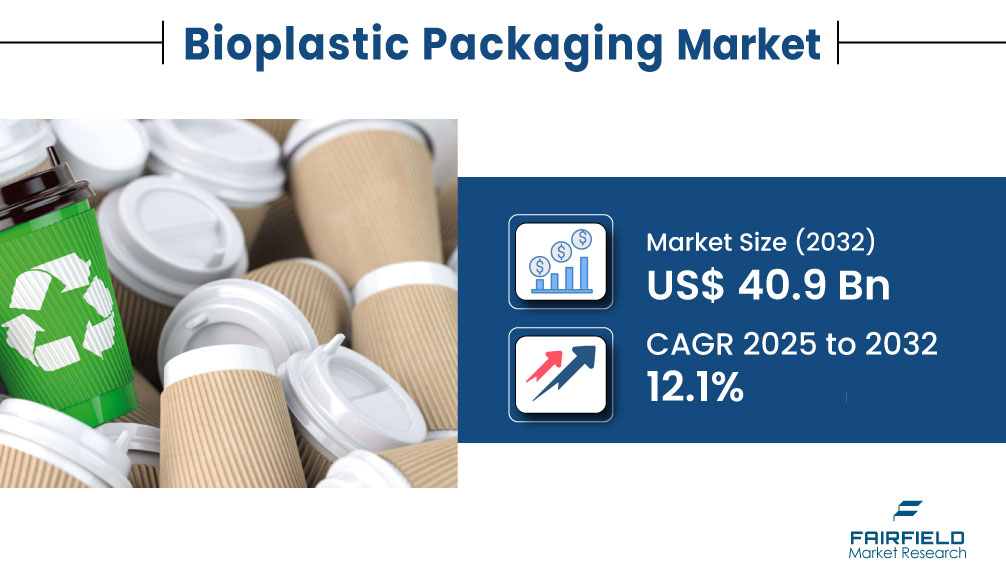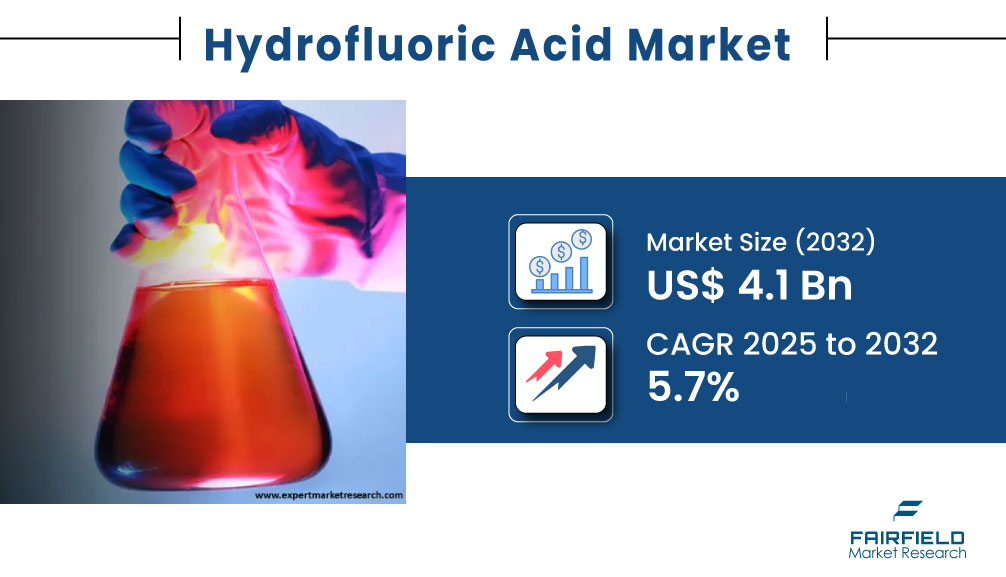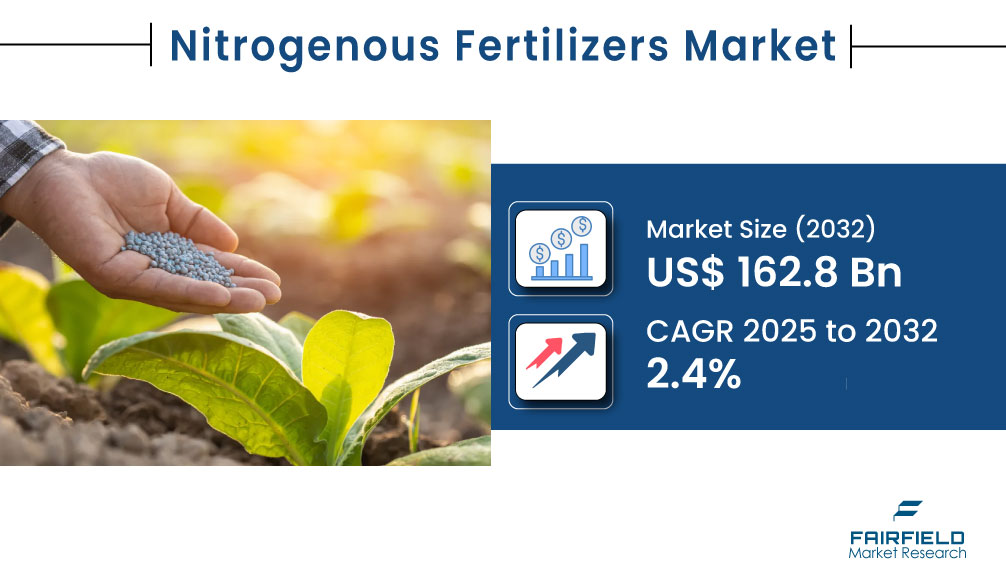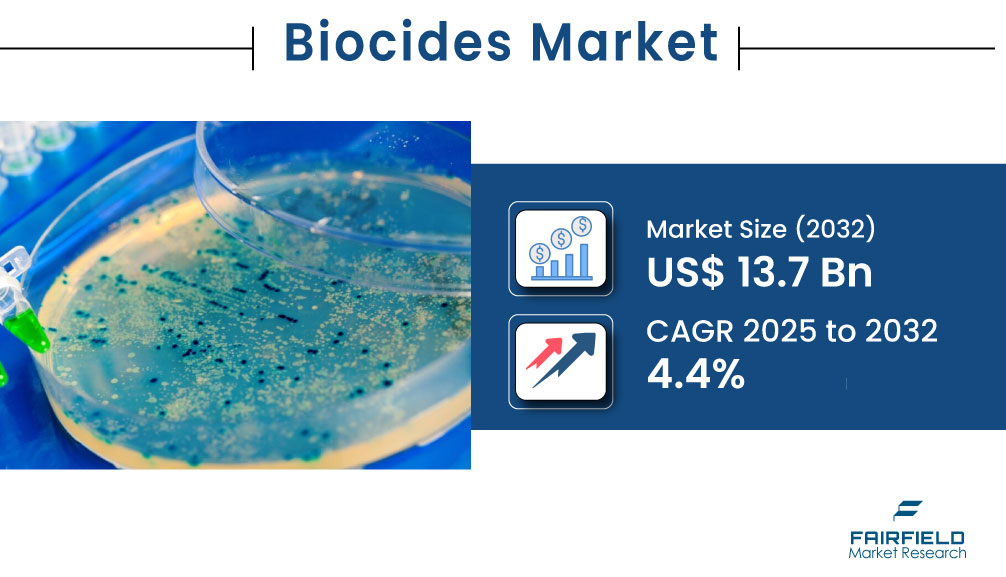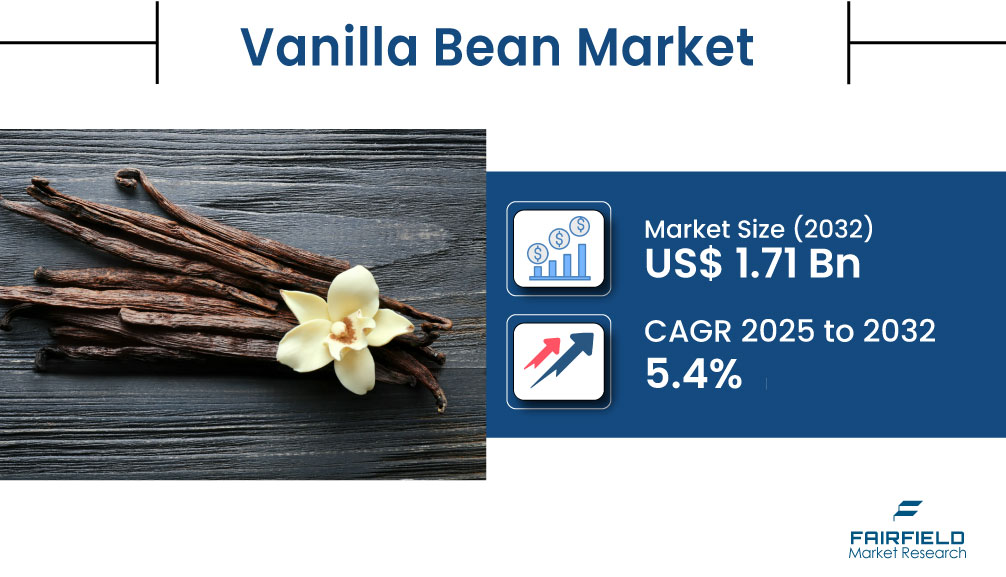Recycled PET (rPET) Market Grows Amid Regulatory Push for Plastic Recycling
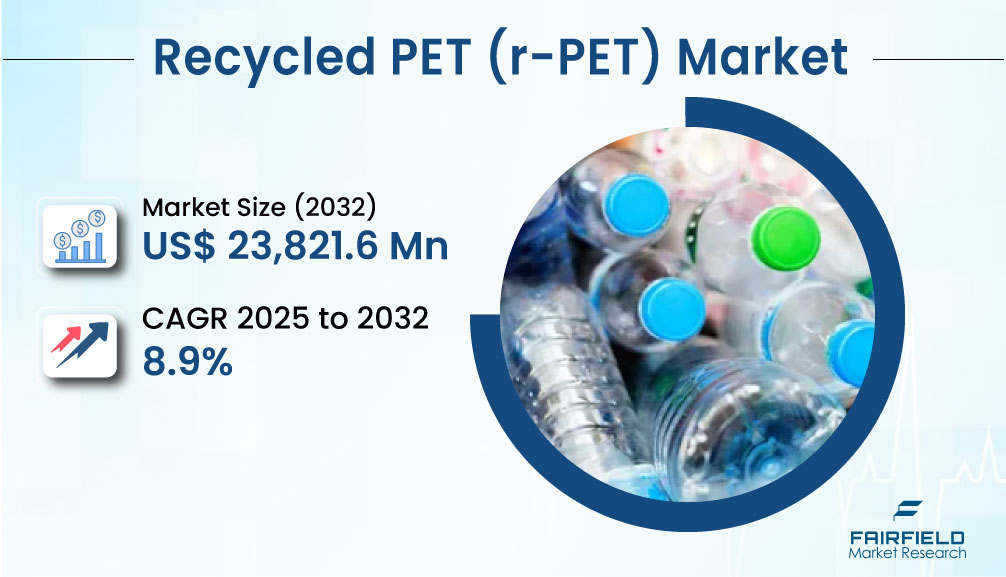
Strong 8k brings an ultra-HD IPTV experience to your living room and your pocket.
The global Recycled PET (rPET) market is witnessing remarkable growth, propelled by a worldwide regulatory push aimed at reducing plastic waste and promoting circular economy practices. The market, valued at US$ 13,115.2 million in 2025, is projected to reach US$ 23,821.6 million by 2032, marking an impressive compound annual growth rate (CAGR) of 8.9%.
𝐂𝐥𝐢𝐜𝐤 𝐇𝐞𝐫𝐞 𝐅𝐨𝐫 𝐌𝐨𝐫𝐞: https://www.fairfieldmarketresearch.com/report/recycled-pet-market
Amid escalating concerns over plastic pollution and environmental degradation, governments around the world are implementing new policies, laws, and mandates that require the use of recycled materials in packaging and other consumer goods. These legislative frameworks are encouraging manufacturers, recyclers, and brands to invest in and scale up rPET production.
Policy-Driven Momentum Reshaping the Industry
From national bans on single-use plastics to mandatory recycled content regulations, the policy landscape is quickly evolving. In the European Union, the Single-Use Plastics Directive requires plastic bottles to contain at least 25% recycled content by 2025 and 30% by 2030. The European Green Deal and Circular Economy Action Plan further reinforce these goals, placing rPET at the center of sustainable packaging initiatives.
In the United States, several states including California, Washington, and New Jersey have introduced laws mandating minimum recycled content in beverage containers, creating a strong market for food-grade rPET. The U.S. Environmental Protection Agency (EPA) and Department of Energy (DOE) are also funding recycling infrastructure and advanced technologies to accelerate adoption.
Meanwhile, India, China, and Japan are strengthening Extended Producer Responsibility (EPR) frameworks and requiring fast-moving consumer goods (FMCG) companies to meet strict recycling and collection targets.
These regulatory initiatives are transforming market dynamics, making rPET not just an option, but a requirement for brands and manufacturers seeking compliance and long-term growth.
Packaging Segment Leads Regulatory-Driven Demand
The packaging industry—especially beverage bottles and containers—is the leading consumer of rPET, projected to capture 39.9% of market share in 2025. Regulatory mandates for recyclable and recycled content packaging are compelling brands to replace virgin PET with rPET to avoid penalties, meet certification standards, and fulfill ESG (Environmental, Social, Governance) goals.
Major corporations such as Coca-Cola, PepsiCo, and Nestlé have committed to increasing the recycled content of their packaging portfolios. Coca-Cola, for example, aims to use 50% recycled plastic by 2030, with several of its European products already made from 100% rPET.
Textiles and Automotive Sectors Benefit from Policy Push
While packaging continues to dominate, the textile industry is also responding to policy developments. The European Union’s forthcoming EU Strategy for Sustainable and Circular Textiles is expected to place new obligations on apparel producers, including requirements for recycled fiber content.
As a result, global brands such as H&M, Adidas, and Uniqlo are incorporating rPET fibers into their garments to align with environmental standards and avoid regulatory penalties. These recycled fibers, derived from rPET flakes, are being used in sportswear, jackets, bags, and upholstery.
The automotive industry is experiencing similar regulatory pressures, particularly related to vehicle weight reduction, carbon emission targets, and sustainable sourcing requirements. Manufacturers are using rPET for insulation, seat covers, and trunk liners to meet green production goals and benefit from tax incentives in regions like the EU and North America.
Technological Innovation Accelerates Regulatory Compliance
To meet increasingly stringent recycling targets, companies are investing in technologies that improve rPET quality and enable compliance. Advanced recycling methods—such as chemical recycling, solid-state polymerization (SSP), and infrared sorting—are producing food-grade rPET with clarity and strength comparable to virgin materials.
In March 2024, Dow and Procter & Gamble collaborated on the development of dissolution technology to convert hard-to-recycle packaging into high-quality recycled polyethylene. In June 2024, Eastman announced plans to build a large-scale molecular recycling plant, backed by the U.S. DOE, capable of processing 110,000 metric tons of plastic waste annually.
These innovations are crucial to supporting government recycling mandates by ensuring sufficient supply of compliant, high-performance rPET for regulated industries.
Regional Outlook: Regulatory Impact on Market Growth
Asia Pacific, with a projected 45% share in 2025 and CAGR of 9.9%, leads the global rPET market. Countries like China are imposing stricter plastic import and production controls, while India mandates use of recycled plastic in packaging for specific products. Government-led sustainability campaigns and public-private partnerships are boosting infrastructure and collection efforts, increasing availability of PET waste suitable for recycling.
Europe, a global leader in recycling regulation, is expected to grow from US$ 3,863.46 million in 2025 to US$ 6,515.32 million by 2032, at a CAGR of 7.8%. European Commission policies are fostering investment in advanced recycling facilities and incentivizing companies to meet mandatory recycled content thresholds.
North America, with an expected CAGR of 8.6%, is increasingly aligning with sustainability goals through both federal and state-level initiatives. Tax credits for using recycled materials, grant programs for infrastructure development, and mandatory reporting on material content are contributing to steady market expansion.
Key Challenges to Regulatory Compliance
Despite policy-driven growth, challenges remain. The biggest obstacle is insufficient collection and sorting infrastructure, particularly in developing regions. Without efficient systems for retrieving and separating PET waste, the supply of clean feedstock for rPET remains limited.
Contamination in collected materials continues to reduce the quality of recycled PET, making it unsuitable for high-grade applications unless advanced purification is applied. Capital investment in recycling technology, skilled labor shortages, and lack of harmonized global standards further complicate the scalability of regulatory compliance.
To bridge these gaps, industry leaders are urging governments to increase funding for recycling infrastructure, enforce stricter producer accountability, and support innovation across the value chain.
Competitive Landscape
Amid increasing regulatory complexity, leading companies are ramping up their capabilities to meet demand and maintain competitive advantage. Key players include:
Indorama Ventures Public Company Limited
Plastipak Holdings, Inc.
ALPLA Group
Alpek
Phoenix Technologies International, LLC
Evergreen Plastics, Inc.
PolyQuest
DuFor
Biffa
Clear Path Recycling, LLC
In January 2025, Indorama Ventures expanded its Poland recycling facility by 30% to support the European market’s rising demand for food-grade rPET. Similarly, Plastipak Holdings entered a strategic alliance with Clean Tech UK to advance purification technologies and ensure compliance with global packaging regulations.
Note: IndiBlogHub features both user-submitted and editorial content. We do not verify third-party contributions. Read our Disclaimer and Privacy Policyfor details.



